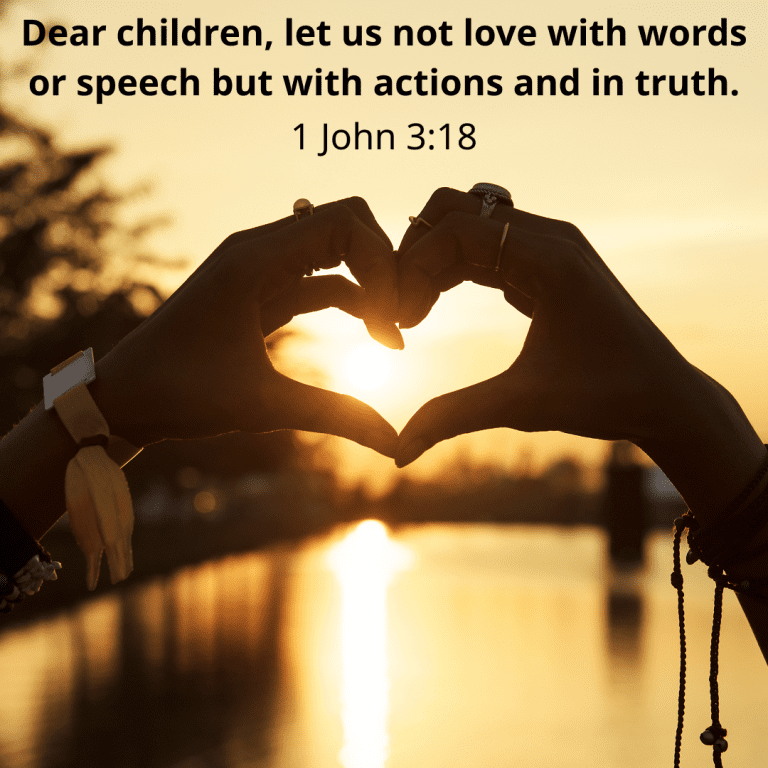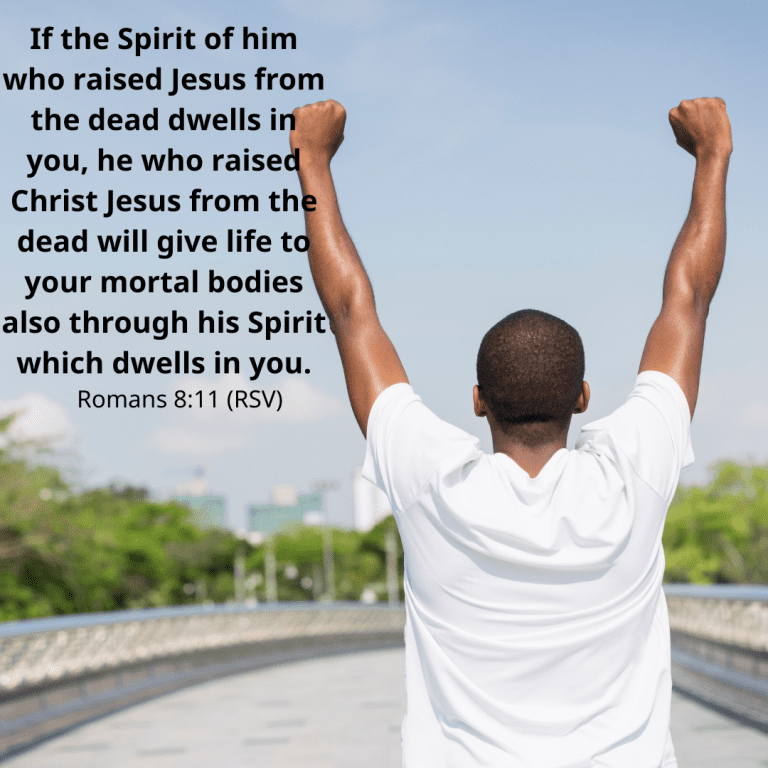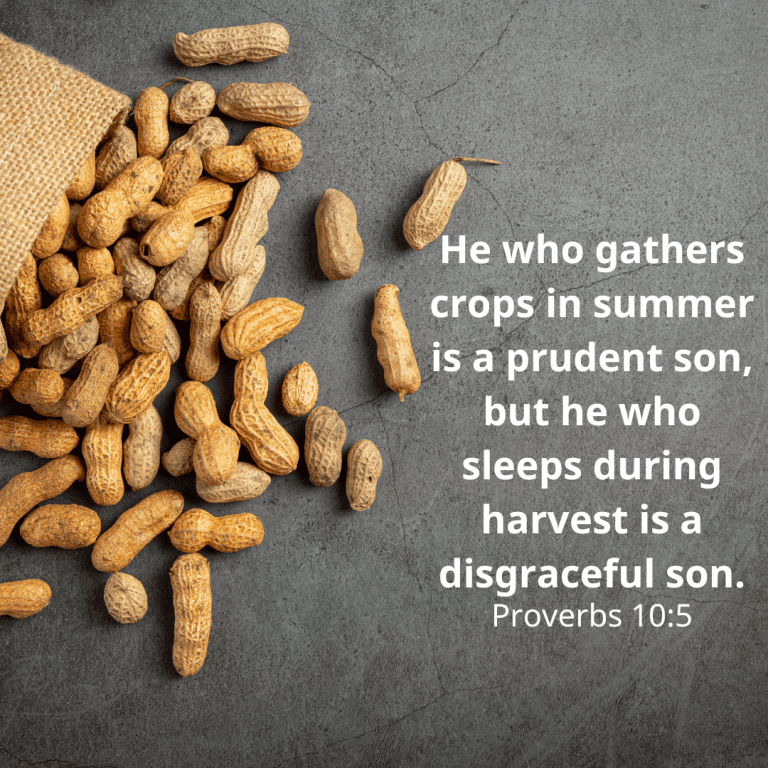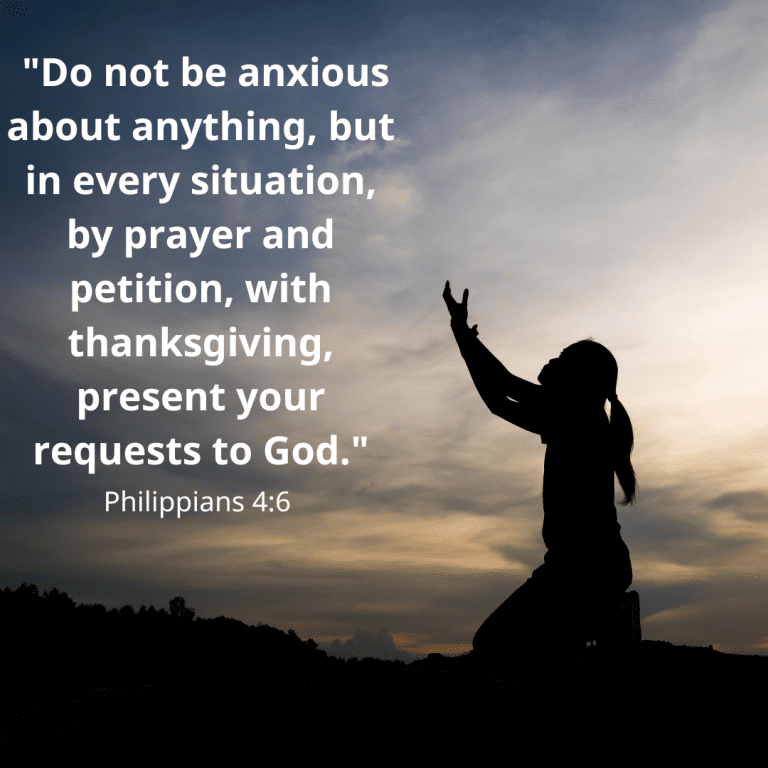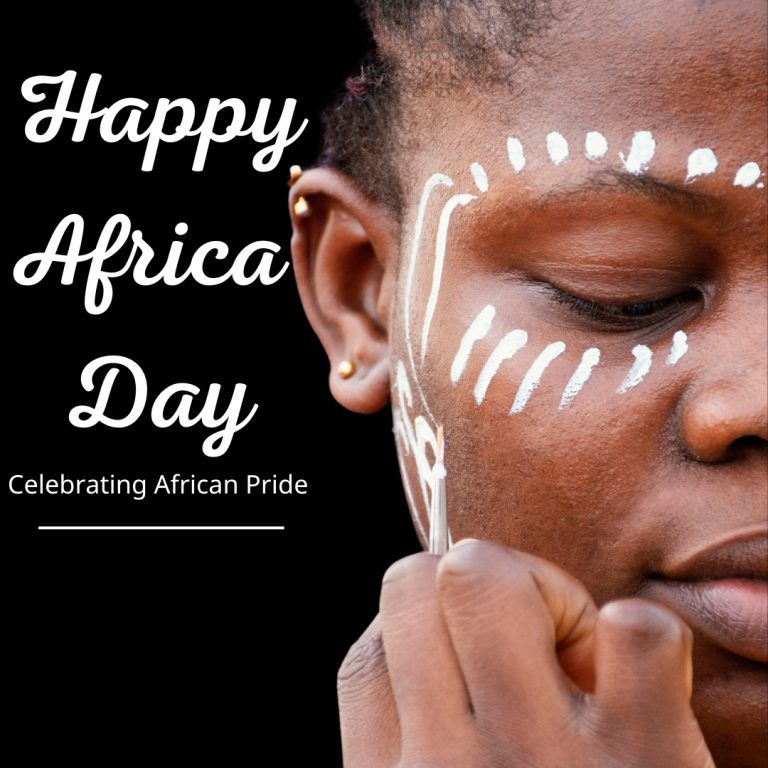1 But now to continue—the son who will receive his father's property is treated just like a slave while he is young, even though he really owns everything. 2 While he is young, there are men who take care of him and manage his affairs until the time set by his father. 3 In the same way, we too were slaves of the ruling spirits of the universe before we reached spiritual maturity. 4 But when the right time finally came, God sent his own Son. He came as the son of a human mother and lived under the Jewish Law, 5 to redeem those who were under the Law, so that we might become God's children.
6 To show that you are his children, God sent the Spirit of his Son into our hearts, the Spirit who cries out, “Father, my Father.” 7 So then, you are no longer a slave but a child. And since you are his child, God will give you all that he has for his children.
Paul's Concern for the Galatians
8 In the past you did not know God, and so you were slaves of beings who are not gods. 9 But now that you know God—or, I should say, now that God knows you—how is it that you want to turn back to those weak and pitiful ruling spirits? Why do you want to become their slaves all over again? 10 You pay special attention to certain days, months, seasons, and years. 11 I am worried about you! Can it be that all my work for you has been for nothing?
12 I beg you, my friends, be like me. After all, I am like you. You have not done me any wrong. 13 You remember why I preached the gospel to you the first time; it was because I was sick. 14 But even though my physical condition was a great trial to you, you did not despise or reject me. Instead, you received me as you would an angel from heaven; you received me as you would Christ Jesus. 15 You were so happy! What has happened? I myself can say that you would have taken out your own eyes, if you could, and given them to me. 16 Have I now become your enemy by telling you the truth?
17 Those other people show a deep interest in you, but their intentions are not good. All they want is to separate you from me, so that you will have the same interest in them as they have in you. 18 Now, it is good to have such a deep interest if the purpose is good—this is true always, and not merely when I am with you. 19 My dear children! Once again, just like a mother in childbirth, I feel the same kind of pain for you until Christ's nature is formed in you. 20 How I wish I were with you now, so that I could take a different attitude toward you. I am so worried about you!
The Example of Hagar and Sarah
21 Let me ask those of you who want to be subject to the Law: do you not hear what the Law says? 22 It says that Abraham had two sons, one by a slave woman, the other by a free woman. 23 His son by the slave woman was born in the usual way, but his son by the free woman was born as a result of God's promise. 24 These things can be understood as a figure: the two women represent two covenants. The one whose children are born in slavery is Hagar, and she represents the covenant made at Mount Sinai. 25 Hagar, who stands for Mount Sinai in Arabia, is a figure of the present city of Jerusalem, in slavery with all its people. 26 But the heavenly Jerusalem is free, and she is our mother. 27 For the scripture says,
“Be happy, you childless woman!
Shout and cry with joy, you who never felt the pains of childbirth!
For the woman who was deserted will have more children
than the woman whose husband never left her.”
28 Now, you, my friends, are God's children as a result of his promise, just as Isaac was. 29 At that time the son who was born in the usual way persecuted the one who was born because of God's Spirit; and it is the same now. 30 But what does the scripture say? It says, “Send the slave woman and her son away; for the son of the slave woman will not have a part of the father's property along with the son of the free woman.” 31 So then, my friends, we are not the children of a slave woman but of a free woman.
aza 4
eḏoro nyor nyeḏi Allah ṯəmna ṯi eḏi Kwruztu-na
1 ŋari nyi ŋi ŋwu, ŋgwa kwinḏi eḏafi ŋoru kwaḏan, enuŋw gwu kinna tor tɔkwɽeny, eṯuŋw ere tamḏu kaḏaama la mac, muŋw gwu kinna eḏi kwɔmne tatap; 2 lakin eṯuŋw nani ki rii-na reḏi kla leṯaŋraci, na reḏi liwakiil mindaŋ ma lomur ila likitaḏi li ṯernyin. 3 a kwirir ṯaŋwu; kinna urir gwu nyor nyɔkwɽeny ner ruzi nyuŋwuzi kaka luway, ilŋiiḏiner nyji gwu ŋeḏi rigɽim reḏi ṯurmun. 4 lakin ma lomur ṯimayini dap, na Allah uza Toru tuŋwun, timɔ kwaw elŋe, timer elŋe eḏi miḏa kuruu tɔk, 5 eḏi zi liṯa kla linani ki rii-na reḏi kuruu, mindaŋ er nyji ruzi nyuŋwuzi nyor ṯiɽuna ṯi. 6 na kaka ur ŋa gwu nyor, Allah wumɔŋazi uzica Ṯigɽima ṯeḏi Tor tuŋwun ki rugwor-na reri, ṯeṯaruŋw: Abba, Papa! 7 ṯaŋwu, ṯugwor ṯi ṯeḏi Allah, er ere ruzi ŋaŋwu kaḏaam kwokwony mac; a kwumorɔ tor, na ur ŋa gwu tor ta, a afi ŋoru tɔk.
buuluz kwuturecazelu lir likwruztyan eḏere aɽa kwaḏan gi mac
8 kerreny iti ilŋiiḏi ŋa gwu Allah wir yilim mac, na nani ki ŋuway-na ŋeḏi libayil liti lir yilim rerem mac; 9 lakin kirem, kaka ilŋiiḏi ŋa gwu Allah, ya, kaka ma ŋazi gwu Allah elŋe, a lɔḏɔ linaŋna eḏaɽiḏa kwaḏan gi ki ŋiɽaŋal-na ŋajila, ŋiti ŋeḏi fayḏa-na kwere mac? a linaŋna eḏorɔ luway kwokwony leḏi libayil a? 10 ŋaŋa leṯi miḏa əḏya weḏi ŋwamin, yowa yi, na ŋwomur ŋi, yiḏla yi-na tok. 11 nyi ŋgwu kwuṯinya ŋiɽaŋal ŋi ŋu ŋeni ŋalu, menyi gwu aki ŋɔḏɽor daŋgal-na ŋiira fayḏa-na.
12 lieŋgeri, nyi kwuturecaŋazelu tur, eḏorɔ kaka nyuŋwu kaka menyi gwu orɔ keni kaka ŋaŋwuzi. ŋiti ŋimernyji errizi ŋere ŋiki mac. 13 a limelŋe rac, kinaŋw kaka umi nyi gwu ta, na ŋazi andaci kerreny ŋiɽaŋali ŋizaw ŋir injiil. 14 mindaŋ nani gwu kimeṯ kaŋna-na winyi, na ŋazi ŋiɽaŋal urreḏa-na rac, lakin na ere dirnaḏa nyuŋwu lu mac, ya eḏi ruzi nyuŋwu luŋw tɔk mac; ner nyi enji daŋgal-na kaka maleyka kweḏi Allah, kaka ta Kwruztuŋw kweni Yecu. 15 ṯinyiŋlana ṯimele ṯaka kḏa ṯeḏi ŋa ṯeni nyi? nyi kwunḏizi ŋaŋwuzi ki, eŋgorɔ leḏi ŋuma, eŋgi nyi ellici yey yalu, eŋginyji inḏeḏa. 16 ta nyi kwumorɔ ṯuwən ṯalu kaka ma ŋazi gwu andaci ŋiɽaŋali ŋir rerem a? 17 kla leṯi dedi ŋaŋwuzi, eṯir zi erri ŋu ŋiɽaŋal ŋi ŋiti ŋofḏana mac. eṯir naŋni eḏi uɽeḏa ŋaŋwuzi-na mindaŋ mezi kwaḏiḏa. 18 ŋeni ŋofḏana rac mer naŋni eḏi dedi ŋaŋwuzi ŋiɽaŋal ŋi ŋizaw; ŋinaŋnanyji eḏizerri ŋu, ner ere orɔ ṯuɽuk mac nani nyi ŋaŋa li. 19 kwelle kwinyi, ŋijma ŋeni ŋalu ŋu ŋiyaḏinyji kwokwony mindaŋ ma Kwruztu miiḏi ki rugwor-na ralu minmin lere lere. 20 nyi ŋgwu kwunaŋna beṯe-beṯen eḏi nani ŋaŋa li kire-kirem ŋgwu, na eḏi urli ṯɔgwɽɔ ṯinyi, kaka eni nyi gwu kwapiri ṯugwori ṯeni ŋaŋa.
ŋiɽaŋal ŋete ŋedi ṯikitaḏiga ṯuɽun
21 andicar nyi ṯi, ŋaŋa leṯinaŋni eḏaɽiḏa ki rii-na reḏi kuruu, a liti liniŋna kuruu mac, a? 22 kaka luḏinar gwu ŋeni ŋwu: ibrahiim kweḏi nyoru nyiɽen, tete tilŋiiḏi kwaw kwir kwuway, na tete tilŋiiḏi kwaw kwir hurr. 23 na tor teḏi kwaw kwir kwuway ner ilŋiiḏa ŋelŋe ŋi ŋir kaka ŋeḏi lizi, lakin na tor teḏi kwaw kwir hurr, ner ilŋiiḏa ṯikitaḏa ṯi ṯeḏi Allah. 24 ŋinderṯa ŋeḏi maana, ur gwu law klu kaka ṯikitaḏiza ṯiɽen. ṯete, nuŋw orɔ ṯeḏi ayin weni ziinaa, ṯeṯelŋe kwelle kweḏi ŋuway. haajar kwiri ṯa ŋgwa. 25 na haajar eni ayin weni ziinaa, wunani arabiya, nuŋw aɽani urzaliimŋw kweḏi kirem, kaka nanuŋw gwu ki ŋuway-na kwelle gi kwuŋwun. 26 lakin na urzaliim kwunani kilerena kwiri hurr, nuŋw orɔ kwir aya kweri. 27 kaka luḏinar gwu:
eti nyeŋlena, ŋa kwir kworum, kwiti kweḏi ŋuma eḏi ŋi elŋe mac;
upuna kwola gi kweḏi ṯinyiŋlana, ŋa ŋgwa kwiti kwiyaḏi ŋijma mac;
kaka eḏuŋw gwu ŋgwa kwumer ṯayi lu kwelle kwuru
eḏi ŋgwa la kweḏi kwulen.
28 na kirem, lieŋgeri, a kwirir kwelle kweḏi ṯikitaḏa, kaka izhaagŋw. 29 lakin kaka ki lomur ṯa kla, kra timer ilŋiiḏa ŋelŋe ŋi ŋir kaka ŋeḏi lizi, eṯuŋw owɽi yey kra timer ilŋiiḏa ŋiɽaŋal ŋi ŋeḏi Ṯigɽim ṯirlinelu ter; ner orɔ ṯaŋwu kirem. 30 lakin na ŋiɽaŋal ŋuluḏina ŋari ḏa? urte kwuwaya kiṯay tor ri tuŋwun; kaka iti inḏi gwu tor teḏi kwuway eḏoɽmaṯi ŋoru-na tor ri teḏi kwaw kwir hurr mac. 31 ŋwu ṯa, lieŋgeri, a kwiti kwirir nyor nyeḏi kwuway mac, lakin nyor nyeḏi kwaw kwir hurr.

